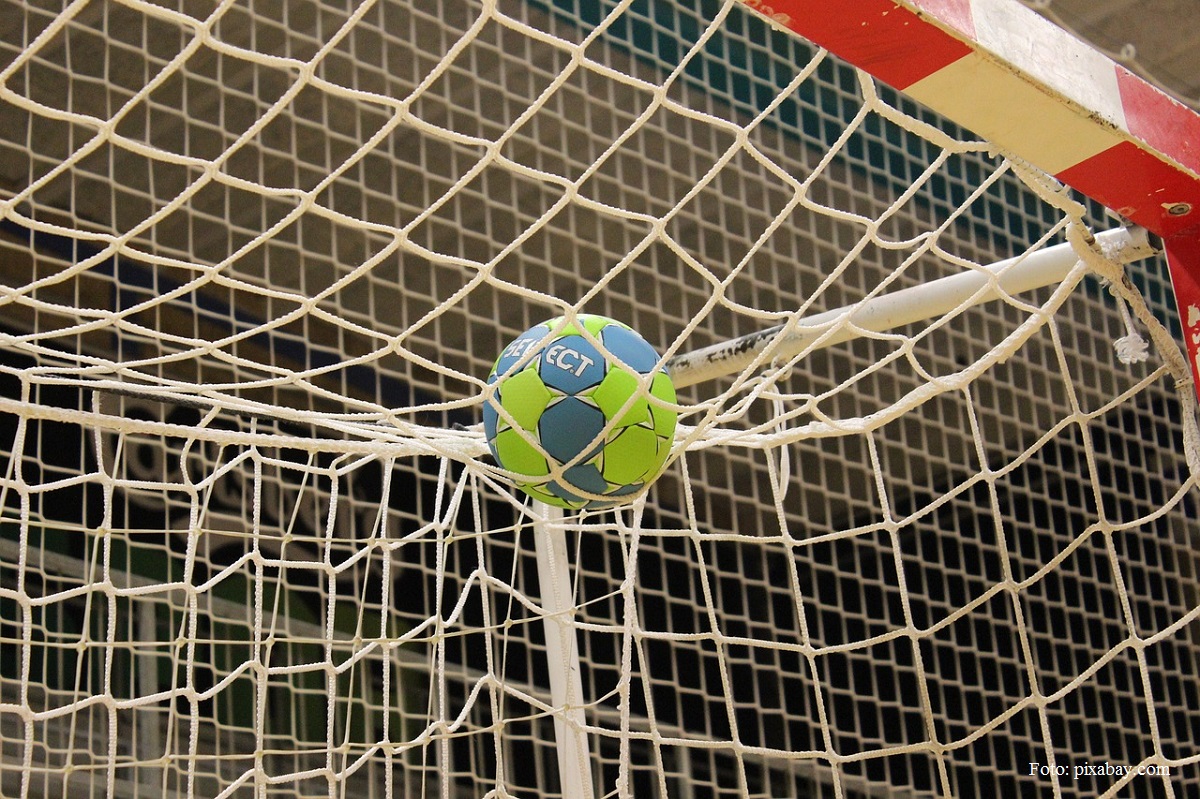Stories from the Romanian Sports World
Rapid Bucharest 1940

Florin Orban, 22.05.2020, 13:45
The most important
football competition in the 1930s was the Central European
International Cup. Between 1927 and 1940 the competition brought
together elevens from Austria, Hungary, Italy, Yugoslavia,
Switzerland, Czechoslovakia and Romania.
The first edition
attended by a Romanian side was that in 1937 when Venus Bucharest was
eliminated in the first round by Hungarian side Ujpest Budapest which
claimed wins in both the first and return games. A year later,
Ripensia Timisoara secured an aggregate win against Italian side AC
Milan, 3-0 and 1-3 in the return match, while another Romanian
eleven, Rapid Bucharest outperformed Ujpest Budapest 1-4 in their
away game and 4-0 at home.
Ripensia was
defeated twice in the quarter finals by Ferencvaros Budapest, 4 – 5
and 1 – 4, while Rapid was stopped in its tracks by Italian side
Genoa, which secured a 3-0 home win and lost in Romania 2-1. In order
to get a clear picture of the value of the opponents the Romanians
were facing, we should mention that Italy became champion in 1938
after defeating Hungary in the finals.
In 1939, Romania
was represented in the competition only by Venus Bucharest, which was
eliminated in the very first round by Italy’s champions Bologna.
A year later, in 1940, 8 sides were
vying for the title of the prestigious European competition, three
from Yugoslavia, three from Hungary and two from Romania, Venus and
Rapid. Venus was eliminated in the first round by BSK Belgrade, which
won both games, 1-0 and 3-0.
Rapid was up
against Hungaria Budapest in the first round. Rapid’s first game
was away and the hosts were the first to get the upper hand. However,
the Romanians made a comeback and Yugoslav international Vilmos Sipos
scored twice. At home, on the ANEF Stadium, the largest in Bucharest
at that time with over 20 thousand seats, the Romanian side clinched
a 3-0 win allowing sports publications in Bucharest to headline
‘Rapid
Romped Home against Hungaria Budapest in a Boring Match’.
Rapid’s away semifinals match
against Grajdanski Zagreb ended nil-all and so did the return game in
Bucharest. A tie game was hosted by Subotica in Yugoslavia, and ended
one-all. Romanian paper Universul headlined after the game: ‘A
third draw – 120 minutes of tough lively play and only two goals
scored: one by Zimmermanncici and one by Bogdan. Rapid, playing
without its best players, and Grajdanski with a complete lineup, have
again ended their game in a draw.’ Lots were drawn and Rapid
became the first Romanian finalist of a European cup.
The competition’s
finals against the Hungarians from Ferencvaros scheduled for August
1940 was canceled amid huge political tensions between the two
countries. Hungary’s territorial claims were eventually granted
under German pressure through the Second Vienna Arbitration on August
30th
1940.
(translated by bill)





























